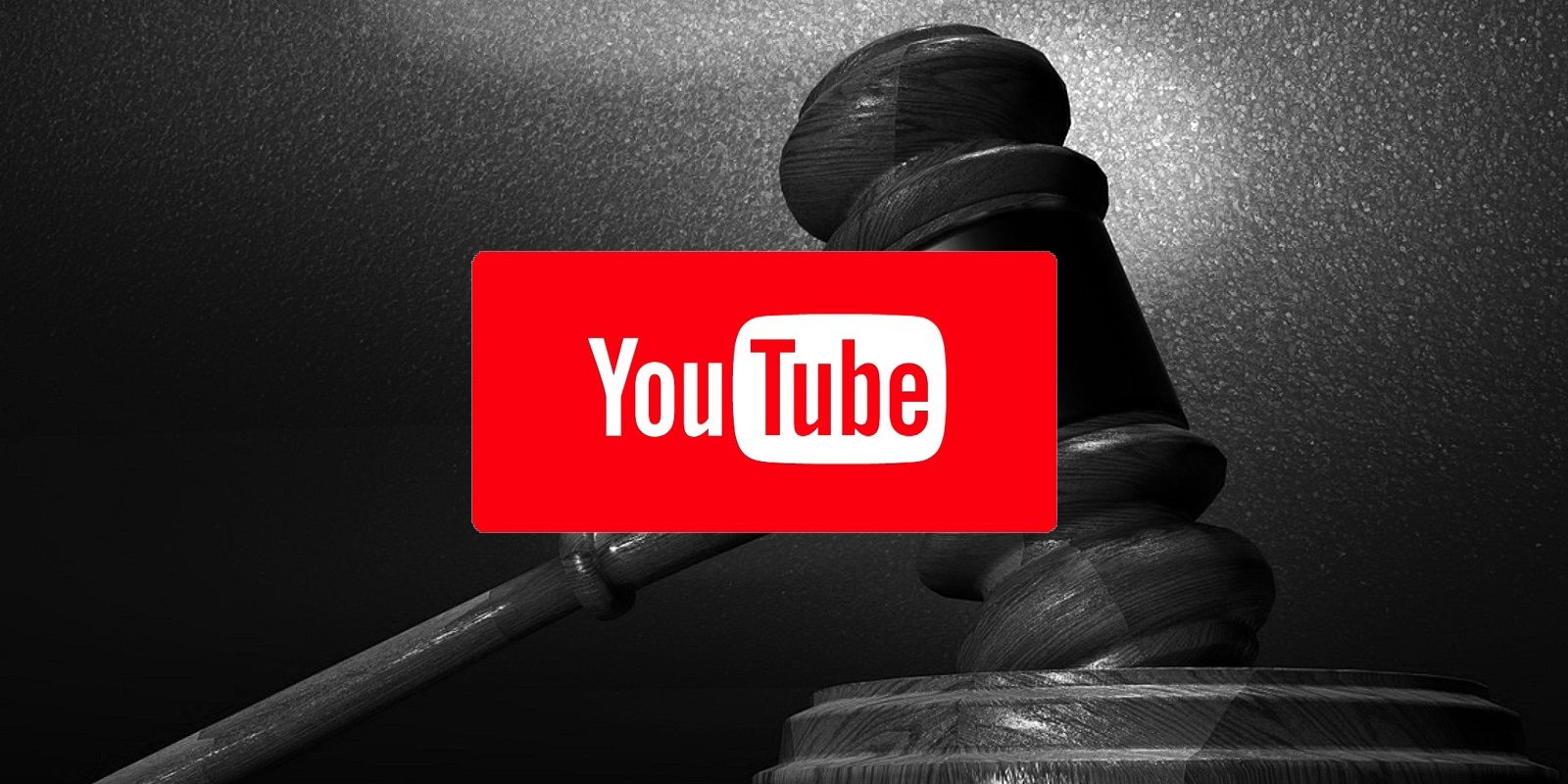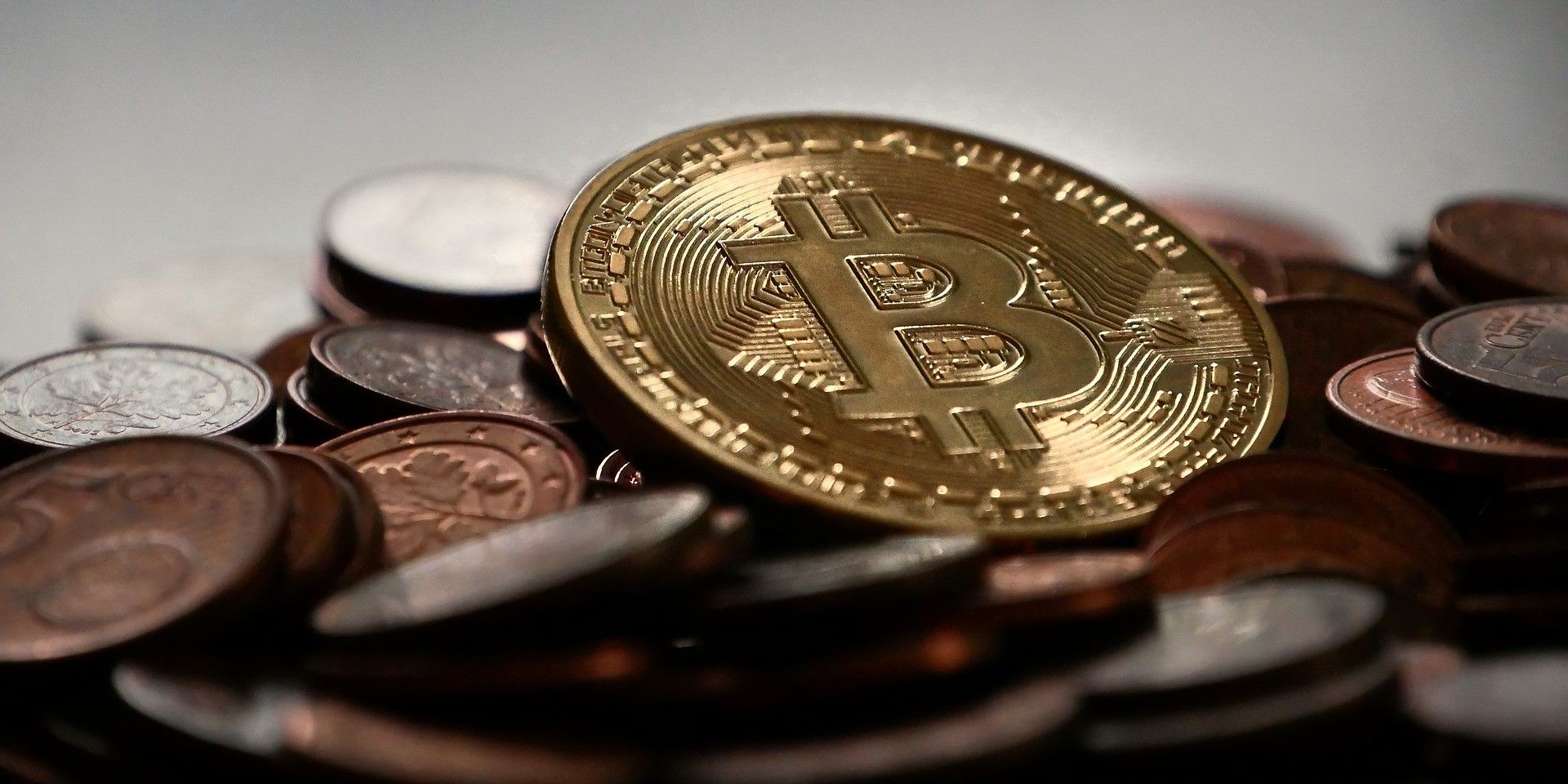
Apple co-founder Steve Wozniak is among eighteen plaintiffs who recently filed a lawsuit against YouTube. The suit, filed with the California Superior Court in San Mateo county, says YouTube has featured Bitcoin scam videos with Wozniak’s likeness, without taking the proper steps to police them, which not only violated Wozniak’s rights, but also indicated a “malicious” failure to warn users about the scam.
This comes after the recent Twitter hack where cyber-attackers took over accounts including Elon Musk and Jeff Bezos, as well as companies like Cash App and Uber. Tweets featuring a link to CryptoForHealth and claiming to give back 5000 BTC to the community were sent out from multiple accounts. They asked users to send Bitcoin to the site, with a promise of doubling the donation -- a tweet from Musk’s account, which was deleted soon after it was posted, informed followers that Musk would double all payments sent to the BTC address. Bitcoin is a form of cryptocurrency and can be used to make purchases, like traditional money. Bitcoin was created in 2009, by the mysterious Satoshi Nakamoto.
According to CoinDesk, which shared the legal documents, the lawsuit is demanding punitive damages -- legal compensation meant to punish the defendant for its behavior, rather than forcing them just to pay money -- along with a trial by jury. This means that, rather than taking the case to a judge or panel of judges, a jury will decide the outcome of the case. Wozniak claims that YouTube, and its parent company, Google, have misappropriated his likeness and violated his right to publicity, in addition to failing to warn users. The lawsuit highlights the fact that Wozniak’s success is tied to his name and reputation. As the scam used Wozniak’s image to lure YouTube users into sending Bitcoin, without sending them anything back, his name and reputation could suffer damage.

Twitter, while certainly not immune to this issue, at least jumped on the ball quickly to protect users. YouTube, however, has been accused of not only featuring the videos on the website, but also promoting them. In an increasingly digital world, where a growing number of people are using cryptocurrency like Bitcoin, it’s more than irresponsible to neglect warning users about these scams. Especially as it can have a dangerous impact on the financial welfare of millions of people. A damaged reputation, especially for a tech giant like Wozniak, is certainly not a minor issue, and the lawsuit is designed to take YouTube to task for enabling any injury to it. However, it’s the victims of this scam -- the people who actually sent Bitcoin -- who could potentially suffer the most.
In the case of Twitter's recent Bitcoin scam, roughly $70,000 was sent to the false link before action was taken. As the lawsuit states, YouTube users also lost a lot of money because of these scams -- approximately $24 million in the first half of 2020. Beyond monetary losses, these scams also highlight just how powerful companies like Google really are. Google, YouTube’s parent company, was able to suppress the tweets and keep them from appearing in Search results. While this is certainly a good thing as it helps to silence the scammers, it also suggests an Orwellian level of power. Furthermore, it raises the question that if Google has this ability, why hasn’t YouTube done enough to contain Bitcoin scams before?
Source: CoinDesk
https://ift.tt/2WZQql8
July 27, 2020 at 05:40AM




